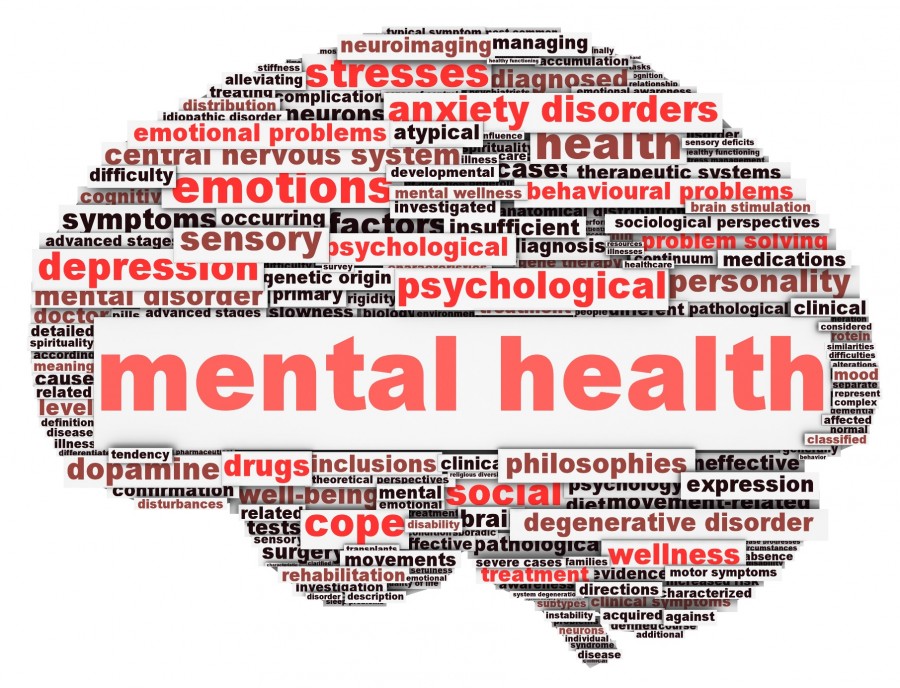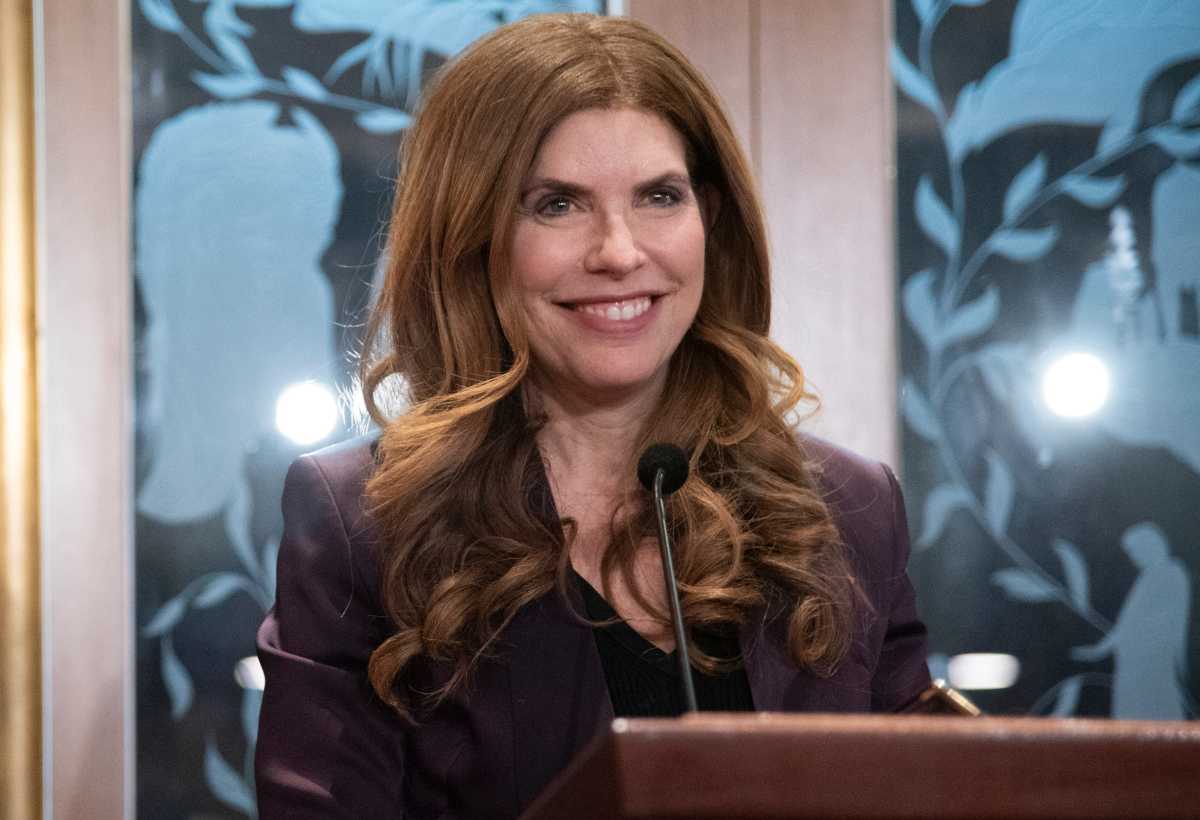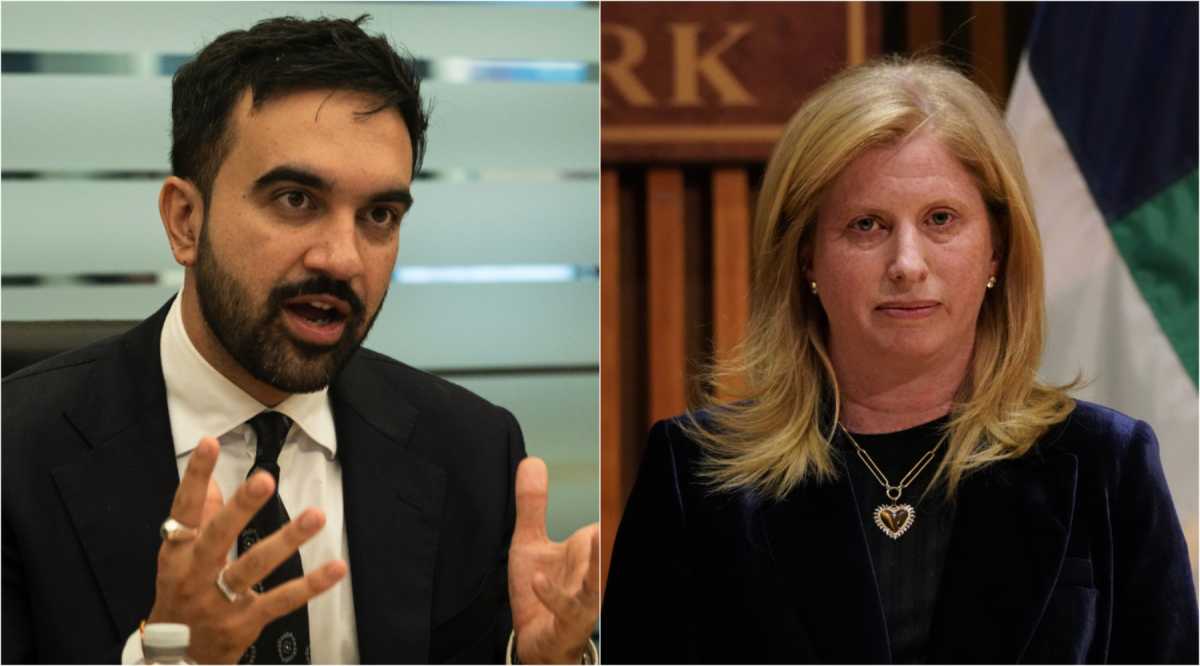The Mayor’s Fund to Advance New York City, alongside the New York City Center for Economic Opportunity and the Department of Health and Mental Hygiene, announced yesterday that New York City community-based organizations can apply to set up their own Connections to Care program.

Connections to Care, a federal social innovation fund program, is a $30 million public-private partnership that provides mental health services to low-income communities. The five-year program is part of a citywide effort to reform mental health care, led by First Lady Chirlane McCray, Mayor’s Fund Chair, and Richard Buery, Deputy Mayor for Strategic Policy Initiatives.
In May, the de Blasio administration announced $78.3 million in new budget funding for mental health services. In August, Mayor de Blasio and McCray launched NYC Safe, a program that aids the portion of New Yorkers who suffer from serious mental illnesses that may potentially lead to violent behavior. This fall, the administration will release a Mental Health Roadmap to outline ways to address the City’s mental health crisis.
“Neighborhood-based mental health services, such as the model the Connections to Care program will fund, will certainly provide a critical link for those in need,” said Health Commissioner Dr. Mary T. Bassett. “This effort, coupled with the First Lady’s forthcoming Mental Health Roadmap, will strengthen a system that has long needed significant investment and attention.”
Every month, an estimated 34,000 adults suffer from severe psychological distress, according to a study by the Department of Health and Mental Hygiene. These numbers are higher among low income individuals, as well as those uninsured or under public insurance. The United States Surgeon General backs up these numbers, reporting that the need for mental health services is greatest among low income and minority people.
One in five New Yorkers say they’ve suffered from psychological distress in the past year and did not receive the mental health treatment they needed, according to a press release put out by the mayor’s office. Many New Yorkers who already receive social services do not receive mental health services. This could be because of the existing stigma to mental health therapy, a hesitance to trust unfamiliar health providers with personal matters, or unaffordability. Whatever the reason, unresolved mental health issues can hinder the progress of other social services, such as educational training and job assistance.
“Too often, individuals go untreated for common mental health issues because of the stigma attached to mental illness and lack of visibility and access to easy treatments. By partnering with organizations already working within our communities, we will ensure that New Yorkers are able to obtain the counseling and support they need and deserve. We must work together to make all New Yorkers feel accepted and supported, no matter the status of their mental health,” said Public Advocate Letitia James.
About a dozen community-based organizations will be chosen to run their own Connections to Care program. To participate, community-based organizations must be a 501(c) (3) nonprofit operating in New York City. The organization will partner with a mental health provider, such as a hospital or a mental health clinic. The partnership will involve staff training and provide direct care to those with more serious mental health conditions.
“Everyone has the power to be a healer. Training staff in places where New Yorkers live, work and study just makes sense,” said McCray. “People who work at community-based organizations are already confronting mental health challenges. This program creates a model that gives staff the tools they need to support wellness and help their clients thrive.”
The community-based organization staff will be trained to provide mental health support, such as screening for mental health and substance abuse disorders. The staff will learn how to provide motivational interviewing, a treatment that encourages changes in behavior that may positively impact mental health. The community will have access to mental health first aid and psycho-education, which will provide individuals and their families with information about mental health conditions and how to best treat them.
The organizations must provide services to three at-risk populations. The community based organizations can serve as day care centers or family shelters for expectant parents and parents with children under the age of four. Young adults ages 16 to 24 can utilize the organizations for education and internships programs. Low-income adults ages 18 and older can find job placement and training programs.
These programs will be monitored to measure their effectiveness. Connections to Care may keep track of how many participants continue their therapy and stay on their medication. The number of reports of symptoms such as depression, anxiety, and substance abuse will be tracked to see if it has been reduced. There is a hope that there will be a decrease in the number of participants who feel there is a stigma attached to receiving mental health services.
For expectant mothers and parents of children under the age of four, the goal is to see an improvement in parent-child interactions and a decrease in maternal depression. For at-risk youth ages 16 to 24, the aim is to have the participants back in school or working towards their GED and enrolled in college. For unemployed low-income working-age adults ages 18 to 64, the objective is to see higher job placement rates, retention, and earnings.
“I encourage community-based organizations across Brooklyn to apply for the Connections to Care RFP (Requests for Proposals), an important initiative that prioritizes mental health services for underserved and at-risk populations. We have a responsibility to not only shatter the stigma of seeking mental health services, but also to shatter the barriers that have historically put quality care out of reach,” said Brooklyn Borough President Eric Adams.
Community-based organizations participating in Connections to Care will receive funding to support program operations, such as hiring more staff members, training expenses, and mental health training.
Applications are available on the Mayor’s Fund’s website at nyc.gov/fund. The deadline for submitting an application is October 19, 2015.








